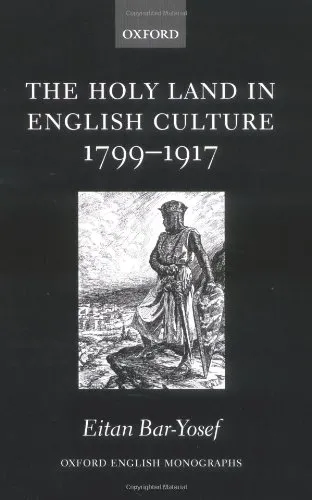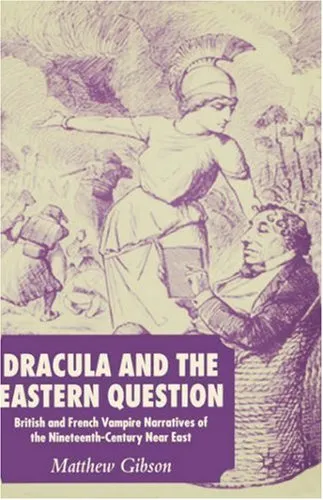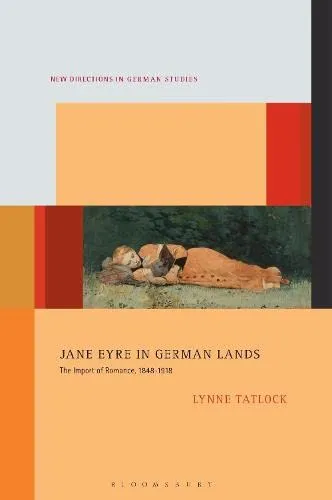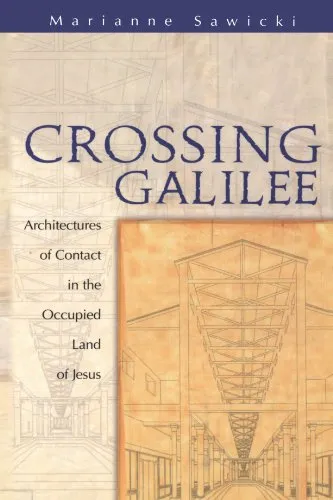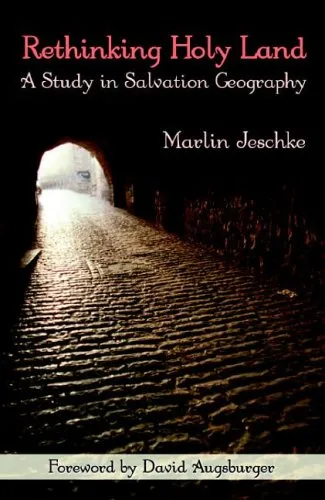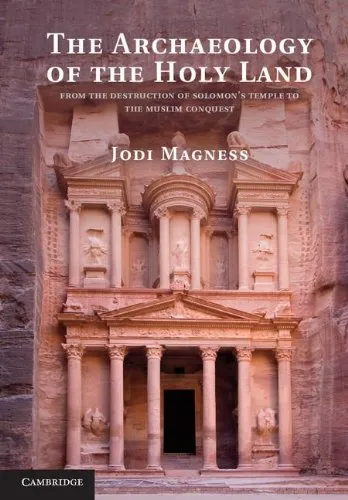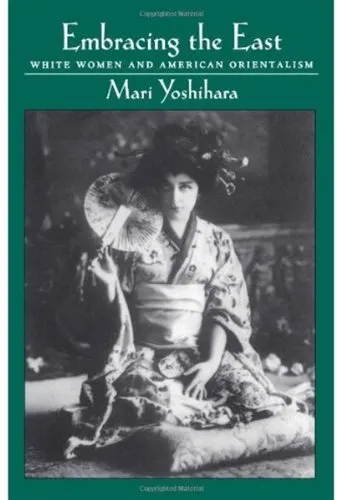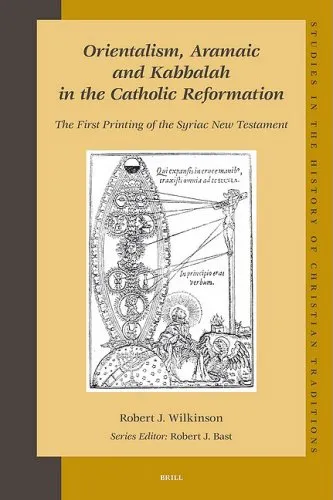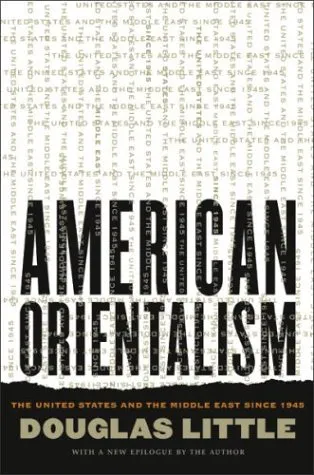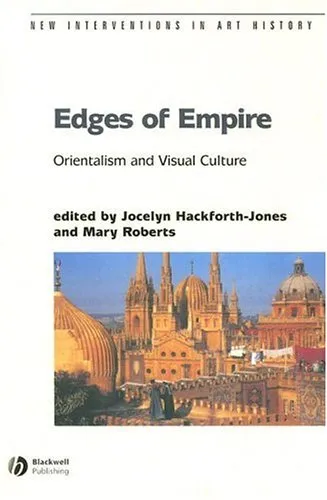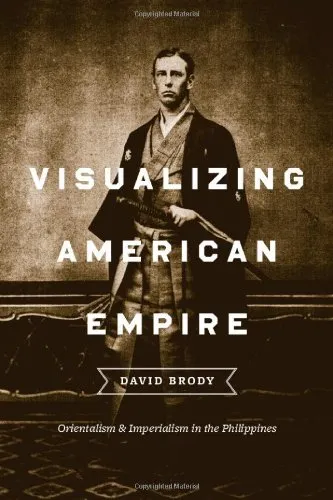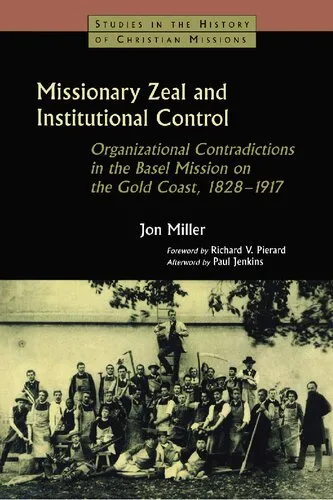The Holy Land in English Culture 1799-1917: Palestine and the Question of Orientalism
4.3
Reviews from our users

You Can Ask your questions from this book's AI after Login
Each download or ask from book AI costs 2 points. To earn more free points, please visit the Points Guide Page and complete some valuable actions.Related Refrences:
The dream of building Jerusalem in England's green and pleasant land has long been a quintessential part of English identity and culture: but how did this vision shape the Victorian encounter with the actual Jerusalem in the Middle East? The Holy Land in English Culture 1799-1917 offers a new cultural history of the English fascination with Palestine in the long nineteenth century, from Napoleon's failed Mediterranean campaign of 1799, which marked a new era in the British involvement in the land, to Allenby's conquest of Jerusalem in 1917. Bar-Yosef argues that the Protestant tradition of internalizing Biblical vocabulary--''Promised Land,'' ''Chosen People,'' ''Jerusalem''--and applying it to different, often contesting, visions of England and Englishness evoked a unique sense of ambivalence towards the imperial desire to possess the Holy Land. Popular religious culture, in other words, was crucial to the construction of the orientalist discourse: so crucial, in fact, that metaphorical appropriations of the ''Holy Land'' played a much more dominant role in the English cultural imagination than the actual Holy Land itself. As it traces the diversity of ''Holy Lands'' in the Victorian cultural landscape--literal and metaphorical, secular and sacred, radical and patriotic, visual and textual--this study joins the ongoing debate about the dissemination of imperial ideology. Drawing on a wide array of sources, from Sunday-school textbooks and popular exhibitions to penny magazines and soldiers' diaries, the book demonstrates how the orientalist discourse functions--or, to be more precise, malfunctions--in those popular cultural spheres that are so markedly absent from Edward Said's work: it is only by exploring sources that go beyond the highbrow, the academic, or the official, that we can begin to grasp the limited currency of the orientalist discourse in the metropolitan center, and the different meanings it could hold for different social groups. As such, The Holy Land in English Culture 1799-1917 provides a significant contribution to both postcolonial studies and English social history.
Free Direct Download
You Can Download this book after Login
Accessing books through legal platforms and public libraries not only supports the rights of authors and publishers but also contributes to the sustainability of reading culture. Before downloading, please take a moment to consider these options.
Find this book on other platforms:
WorldCat helps you find books in libraries worldwide.
See ratings, reviews, and discussions on Goodreads.
Find and buy rare or used books on AbeBooks.
1326
بازدید4.3
امتیاز0
نظر98%
رضایتReviews:
4.3
Based on 0 users review
Questions & Answers
Ask questions about this book or help others by answering
Please login to ask a question
No questions yet. Be the first to ask!
